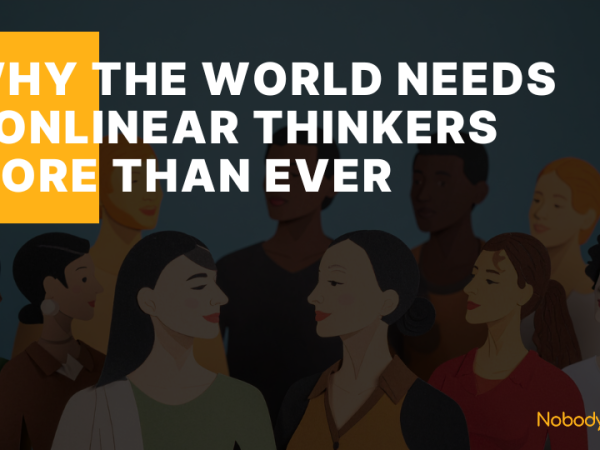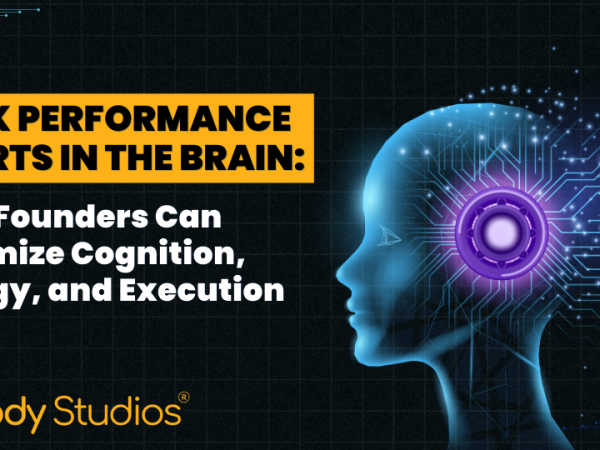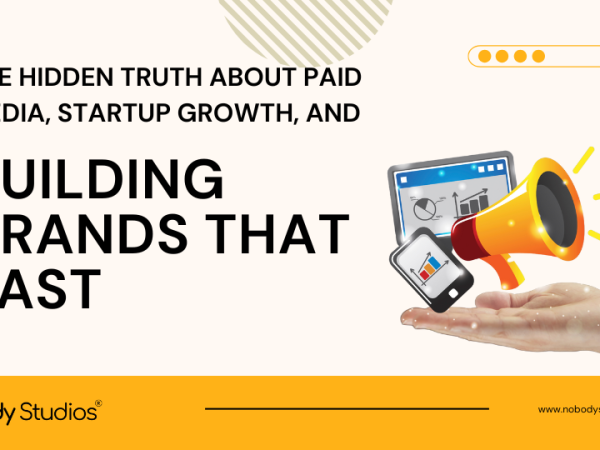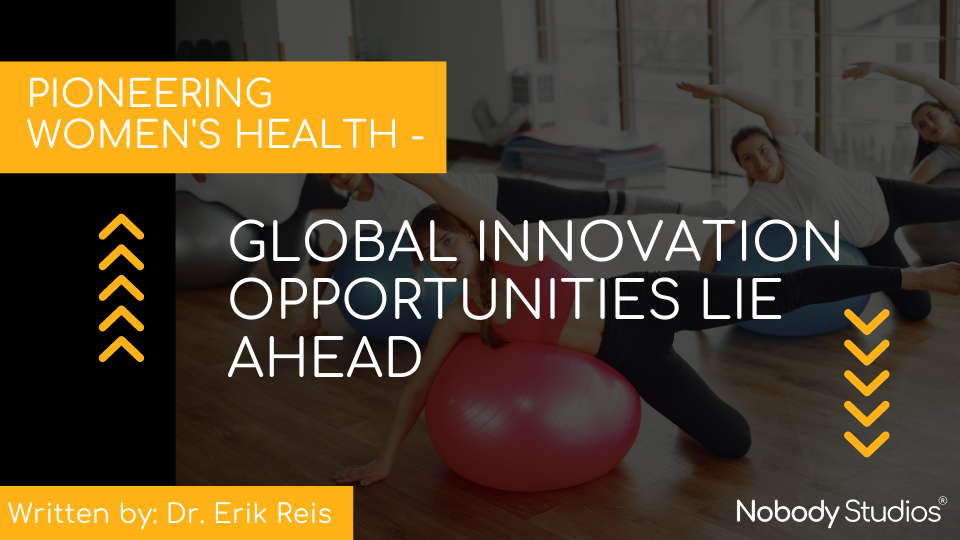
My Fellow (and Future) Nobodies,
April is a transition period, taking us from the depths of winter into the early signs of spring. Change is all around us.
And change is needed now more than ever in an area of health and wellness that touches half the population yet often remains overshadowed: women’s health.
This month, we will explore the history of women’s health (or lack thereof), current challenges, recent advancements in medicine, and the vast opportunities for improving and innovating in the women’s health and wellness domain.
It’s an area with potential for impactful ventures that promise better health outcomes for women and represent significant opportunities for improving global health within the medical and healthcare industry.
Understanding Women’s Health: A Comprehensive Overview
First, let’s look at the data to understand where we are and where we need to go.
According to McKinsey research, investments in addressing the gaps in women’s health and research could add an additional $1 trillion to the global economy by 2040.
(Insert mic drop here…)
Yes, you read that correctly.
Women’s health extends far beyond reproductive issues, encompassing all areas of mental, physical, and emotional well-being. When people live a higher quality of life, their work output vastly increases, along with the impact on their community, family, and relationships.
Since women comprise more than 50% of the current U.S. workforce, improvements in women’s health could have ripple effects across industries and economies, nationally and worldwide.
Research and innovation in areas of menopause and fertility are low-hanging fruit in the sense that they are specific to the female reproductive system, but science as a whole has done a disservice to the female population by only focusing on these areas.
Historically, women’s health has been heavily under-researched, underfunded, and naively assumed to be similar to men’s health, leading to gaps in care and knowledge for the entire population.
Sadly, this has had devastating effects on the female population. The statistics on how women respond differently to various medications and therapies will shock you (more on that later).
At Nobody Studios, we recognize that addressing these gaps requires a focused effort on understanding the unique health challenges women face, specifically relating to higher rates of chronic headaches and various cancers to mental health, depression, osteoporosis, and autoimmune diseases like Multiple Sclerosis, to name a few.
Without women, we wouldn’t be here! It’s time we focused our energy on taking care of them for the betterment of humanity.
It’s also just the right thing to do.
The Current Landscape of Women’s Health Care
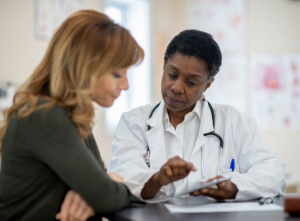
Despite recent advancements and a changing tone in sentiment, women’s healthcare continues to grapple with challenges like accessibility, affordability, and a one-size-fits-all approach in research and treatment with men. The need for personalized care that recognizes the differences in women’s health conditions is more evident than ever.
Case in point: Nearly 50% of the health burden affecting women is present in conditions that affect women disproportionately more than men, specifically in conditions like chronic headaches and migraines, autoimmune disorders (78% of autoimmune cases occur in women), depression (women are twice as likely to develop depression compared to men), Alzheimer’s Disease (almost two-thirds of patients with Alzheimer’s are women), and cardiovascular disease.
Only 5% of women’s health burden is related to gynecological or female-specific conditions like fertility and childbirth.
Women also have a 50-70% increased risk of having adverse drug experiences compared to men, even when medication doses are standardized.
They’re also 50% less likely to be provided a proper diagnosis following a heart attack, which could significantly delay adequate treatments and follow-up care. It’s crucial to advocate for a healthcare system that is inclusive and adaptable to the specific needs of women at every stage of their lives. More than 45% of these health issues affect women during their working years, directly and indirectly affecting their ability to produce results, make money, and maintain job stability.
Technological Advancements in Women’s Health
 Innovation is at the heart of transforming women’s health care. But it’s more than just technology; it’s also the awareness of a lack of accurate data, studies, and clinical research to use in order to change the way we approach women’s health.
Innovation is at the heart of transforming women’s health care. But it’s more than just technology; it’s also the awareness of a lack of accurate data, studies, and clinical research to use in order to change the way we approach women’s health.
Times need to change. We believe helping women own their health is the most effective way to change this trajectory, especially since women are the primary decision-makers for family health.
New technologies such as wearable health trackers, telehealth platforms, and AI-driven diagnostic tools make it easier for women to track and manage their health, offering more personalized and accessible care options. And while different trackers provide different benefits and potential solutions, taking an individualized approach to care will always lead to better outcomes.
Companies like Oura are already leading the way in this field, specifically in helping women manage and monitor their menstrual cycles and understand their fertility windows. They’ve recently partnered with Natural Cycles, a platform that allows women to prevent unwanted pregnancies without drugs or surgery while also flipping the script to simultaneously help women understand their natural windows of fertility when they want to get pregnant.
It’s a great example of a hardware company partnering with an innovative software platform to help women help themselves, which we deeply believe in at Nobody Studios. It’s why we’re so excited about the opportunities that lie ahead with one of our Newco’s in development, Sleep Glide!
These advancements not only enhance health outcomes but can also significantly impact the quality of life and longevity of the entire female population. In the case of Oura and Natural Cycles, it also allows a new way to support women who prefer not to take medications to avoid getting pregnant.
The Vast Opportunities in Women’s Health
The challenges in women’s health present unique opportunities for innovation. There is a growing need for solutions that can offer quality options for women’s unmet health needs.
From startups developing non-invasive diagnostics for various cancers to companies creating digital platforms for mental health support like BetterHelp and Talkspace, the scope for innovation in this space is vast and varied.
Many companies are already making significant strides in improving women’s health.
For instance, companies like Elvie, which specializes in intelligent breast pumps and pelvic floor trainers, and Tia, a women’s health platform offering personalized healthcare, are great examples of how innovation can meet women’s specific needs, proving the potential for success in this sector.
But it shouldn’t stop there.
Hypothyroidism is a significant issue for millions of women globally, and yet nearly 90% of hypothyroid cases are autoimmune in nature. What does that mean?
Traditional Western medicine approaches to treating low thyroid levels commonly include thyroid medication like Levothyroxine to maintain adequate thyroid levels. Yet, the problem is that doses need to be continuously increased over time because the thyroid becomes less sensitive to the medication.
Once the thyroid is no longer responding to medication, most providers suggest removing the thyroid and placing patients on medication for the rest of their lives.
However, autoimmune conditions are different. Autoimmunity means that your immune system attacks healthy tissue in your body that it deems “foreign” in some way, shape, or form.
In an autoimmune hypothyroid case, the thyroid isn’t always the issue; The dysfunctional immune system is!
And guess what affects the immune system? The gut microbiome, nutrition and diet, exercise, sleep, chronic stress management, and lifestyle choices—all the things we’ve previously discussed in our newsletters and are currently focusing on within the studio.
We believe that if we can help people live healthier lives and own their habits, chronic diseases could be a thing of the past.
A Call to Action: Empowering Through Awareness, Education and Personalized Medicine
Now that you’re keenly aware of the dire situation in women’s health, it’s time to take action.
Education and building an engaged community are powerful tools for empowering women to make informed decisions about their health. By providing access to reliable information and raising awareness about women’s health issues, we can foster a culture of proactive health management, encouraging women to seek care and support when needed.
As we continue to explore and expand our understanding of women’s health, we understand that innovation, support, and education are vital to empowering women and improving health outcomes.
Together, we can build a future where women’s health is prioritized and celebrated for the integral part of wellness it truly is.
Health is Wealth!
P.S. We’re always looking to hear from our community about their experiences with medical providers and practitioners, specifically with women who have had both positive and negative experiences. These interactions help guide our thinking to understand where we can innovate and create solutions.
P.P.S. Follow Nobody Studios on LinkedIn and visit our website for the latest studio updates. Your next step towards a healthier life is just a click away!
Health is Personal. Health is Wealth. Health is YOU.
ABOUT THE AUTHOR
Dr. Erik Reis
Co-Founder, Director of Health & Wellness, Nobody Studios
As a clinician, entrepreneur, and international speaker, he’s spent the last decade working with complex neuro-orthopedic and metabolic disorders, focusing on ways to scale individualized healthcare to maximize medical outcomes. He believes the best companies have yet to be created in the health and wellness space and is focused on bringing patient-centered start-ups to the forefront of medicine at Nobody Studios.

